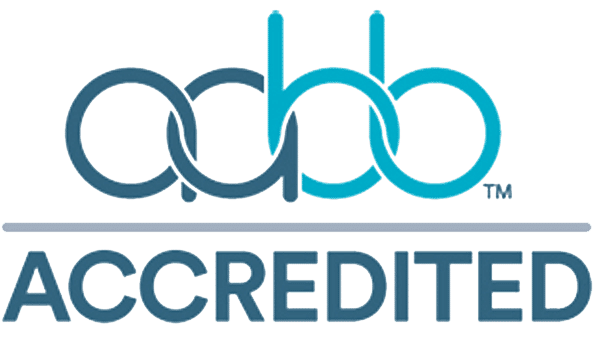Common Reasons for DNA Testing in Old Mines
Establishing parentage for custody/support.
DNA testing provides irrefutable proof of parentage in custody and support cases, presenting clear evidence for legal proceedings. These precise results enable judges to assign parental roles appropriately and ensure financial responsibilities are met.
Confirming familial relationships.
Genetic testing effectively confirms familial bonds, providing clarity among siblings, grandparents, and relatives. Trusted genetic insights resolve inheritance questions and strengthen family ties with authenticated biological evidence.
Immigration cases requiring proof of biological relationships.
For immigration matters, DNA tests are indispensable for confirming biological relationships, aiding visa and citizenship processes. These legally accepted genetic confirmations expedite family reunifications, reducing bureaucratic hurdles.
Adoption cases or identifying unknown biological relatives.
In adoption quests, DNA testing illuminates genetic connections, helping identify unknown relatives. This journey provides adoptees with crucial personal and health-related insights, supporting their quest for identity and emotional closure.
Genealogy and ancestry exploration.
DNA tests for genealogy unlock a treasure trove of ancestral information, revealing ethnic backgrounds and distant kin, enriching family history. These genetic revelations connect individuals with their cultural roots, deepening the understanding of their heritage.




